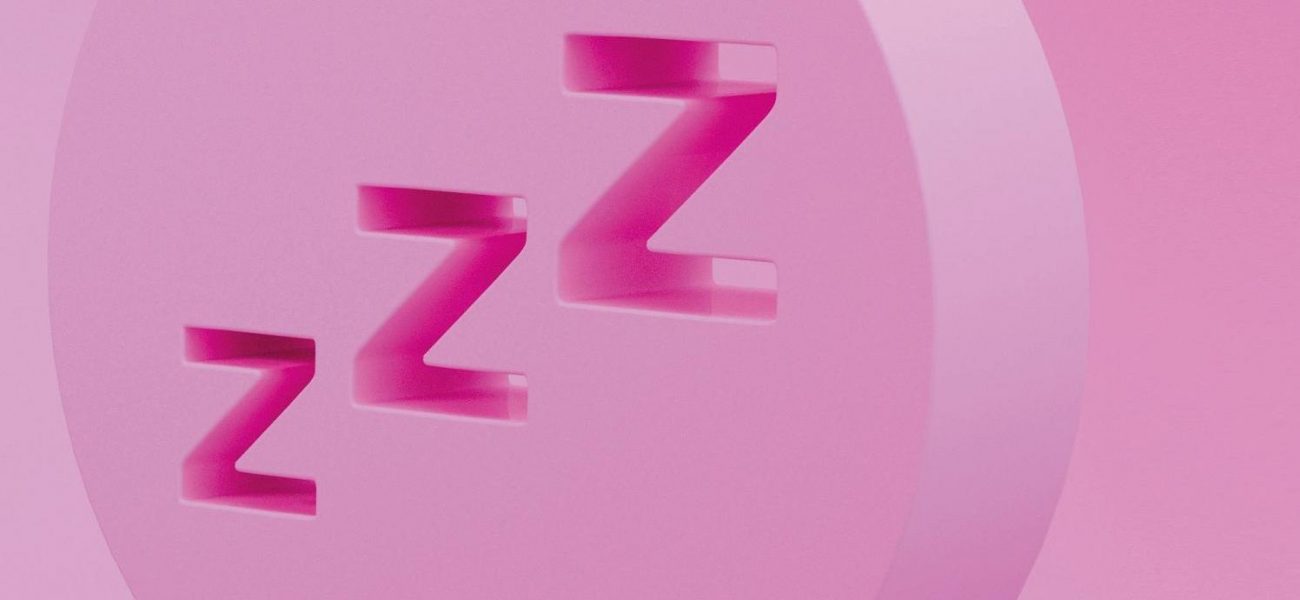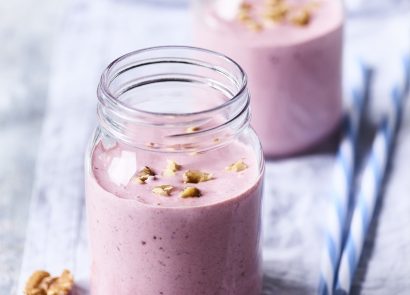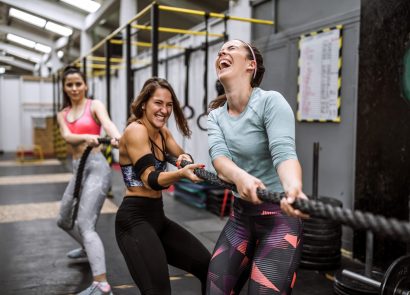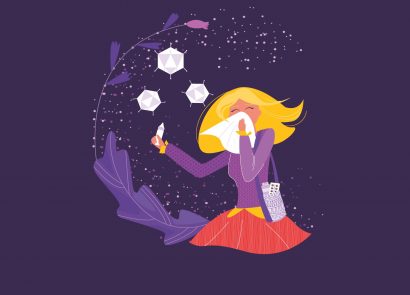If you’re suffering with restless nights, try sleep expert Dr Nerina Ramlakhan’s quiz to help you find out what’s keeping you up
1. What is most likely to wake you up?
A. I wake at the slightest noise
B. Grinding my teeth
C. Dreams filled with random information from the day
2. Which of the following have you experienced most of lately?
A. Loss of appetite
B. Headaches and/or migraines
C. Scattered thoughts and feeling wired
3. How do you feel when you wake up in the morning?
A. I often have an anxious, sick feeling in the pit of my stomach
B. I feel like I haven’t slept at all
C. I can’t wait to check my phone (and I check it during the night)
4. What best describes your reaction to the current situation?
A. I can’t watch the news or read social media posts about the pandemic
B. I need to find out everything about the pandemic, including all of the conspiracy theories
C. I keep up to date through my phone – it’s the last thing I look at before bed and the first thing I pick up in the morning
5. Which of the following sounds most like you?
A. I dread going to bed
B. I can’t cope unless I’ve had a certain number of hours sleep
C. I’m anxious if I’m away from my phone for too long
6. How do you normally cope with not sleeping well?
A. I try to go to bed early but struggle to fall asleep/stay asleep
B. I measure how much sleep I’m getting
C. I delay going to bed and spend time online in the evenings
Now, add up your scores to find out what’s keeping you awake at night…
If you ticked mostly As… Are you a sensitive sleeper feeling anxious about current times?
To sleep well we need to feel safe. Think back to cavewoman times when we had to be alert to danger. Nowadays, it’s not only physical safety we need but psychological and emotional too. There have been plenty of reasons to feel worried lately, so it’s no surprise that this is having an effect on your sleep. To deal with the anxiety, you might be overeating or under eating, overdoing it on the caffeine, alcohol and possibly over-exercising or binge-watching your favourite TV shows. All these things negatively impact on your sleep. Regular exercise is one of the best ways of reducing stress levels to help you sleep more deeply. But too many high intensity workouts can cause the production of stimulating hormones, making it more difficult to nod off, so don’t overdo it or exercise too close to bedtime. To get good sleep, we need a balance of serotonin and melatonin in our system. Adequate amounts of vitamin B6 and tryptophan are needed to boost these hormone levels and they are found in chicken, cheese, tofu, tuna, eggs, nuts, seeds and milk, so include these in your diet.
If you ticked mostly Bs… Are you a perfectionist?
The more pressure we put on ourselves to sleep, the less likely we are to fall asleep. You have perfectionist tendencies so your sleep problems most likely stem from struggling with letting go. Avoid measuring your sleep. It’s normal to wake during the night. When you do, try not to look at your clock or phone. If you do, chances are you will start worrying about how little sleep you’re getting, which won’t help you drift off. Instead, lie on your back and try to consciously relax each part of your body, starting from your toes and working up to your head. Breathe deeply from your diaphragm and tell yourself that it doesn’t matter if you don’t fall asleep and that you will just use the time to rest and relax. Remember that sleep – although vital to our health – is only one way to renew, rebalance and energise. Other forms of rest and relaxation, such as meditation, yoga and self-care, are also restorative. Take a few moments throughout your day, even if it’s just a walk around the garden, a few deep breaths or five-minute meditation. Building relaxation into your day will improve the quality of your sleep at night.
If you ticked mostly Cs… Is technology sabotaging your sleep?
The digital world we live in has left many feeling overloaded and unable to switch off, wreaking havoc with sleep. It’s important to take breaks from technology during the day – ideally a few minutes every 90 minutes – to settle your nervous system and allow your brain time to process information. Exercise helps produce the chemical adenosine, which promotes sleepiness and enables melatonin to work more effectively. You don’t have to do intense workouts – just moving every hour will help. Short naps of five to 15 minutes are another excellent way to recharge. This means sitting comfortably, relaxing muscles and breathing deeply. The aim is to achieve a near sleep state without falling asleep. Also, avoid technology for an hour before going to bed. Don’t keep your computer or phone in your bedroom, and try not to check it when you wake up. Caffeine has a direct impact on sleep quality, so minimise the amount you have and avoid it after 3pm. Eating within 30 minutes of waking and having regular food throughout the day
will stabilise your blood sugar.
A final word
This is intended as a guide. It’s very likely that you could be a mixture of all three – technology impacts everyone’s sleep, all of us struggle with letting go, and the global pandemic has left most of the world feeling unsafe, so read all the advice and take away the things that speak to you. Visit your GP if your lack of sleep is a big concern.
Dr Nerina Ramlakhan is a trained physiologist and sleep expert with 25 years’ experience in the field. She is author of three books, including The Little Book of Sleep (£7.99, Gaia). For more information, visit drnerinawebinars.com




















